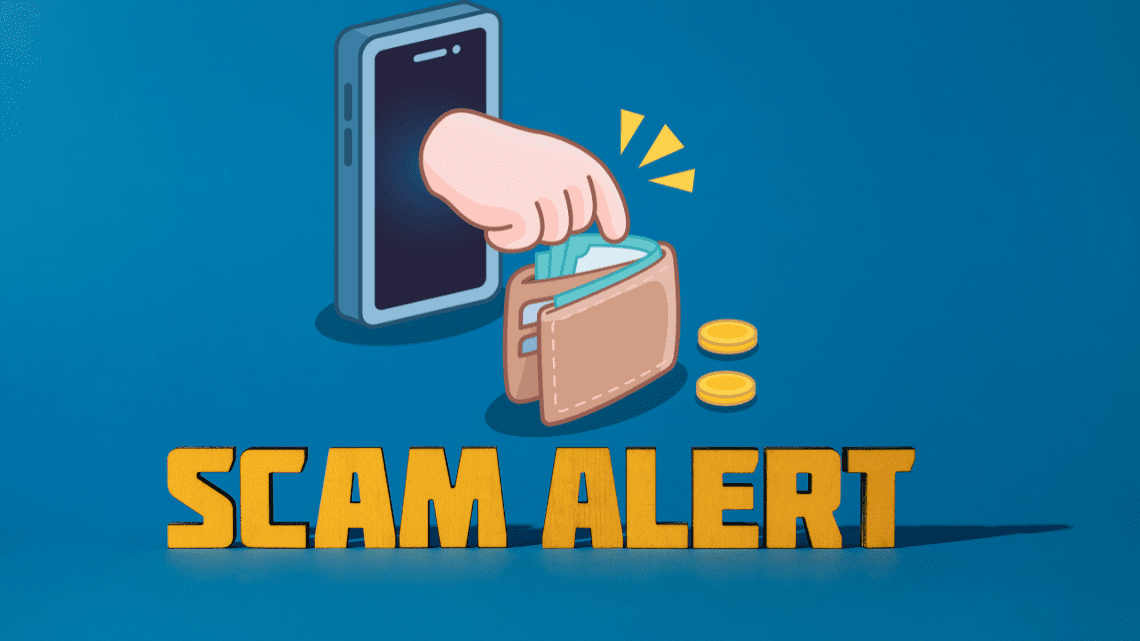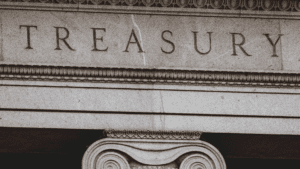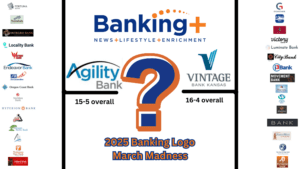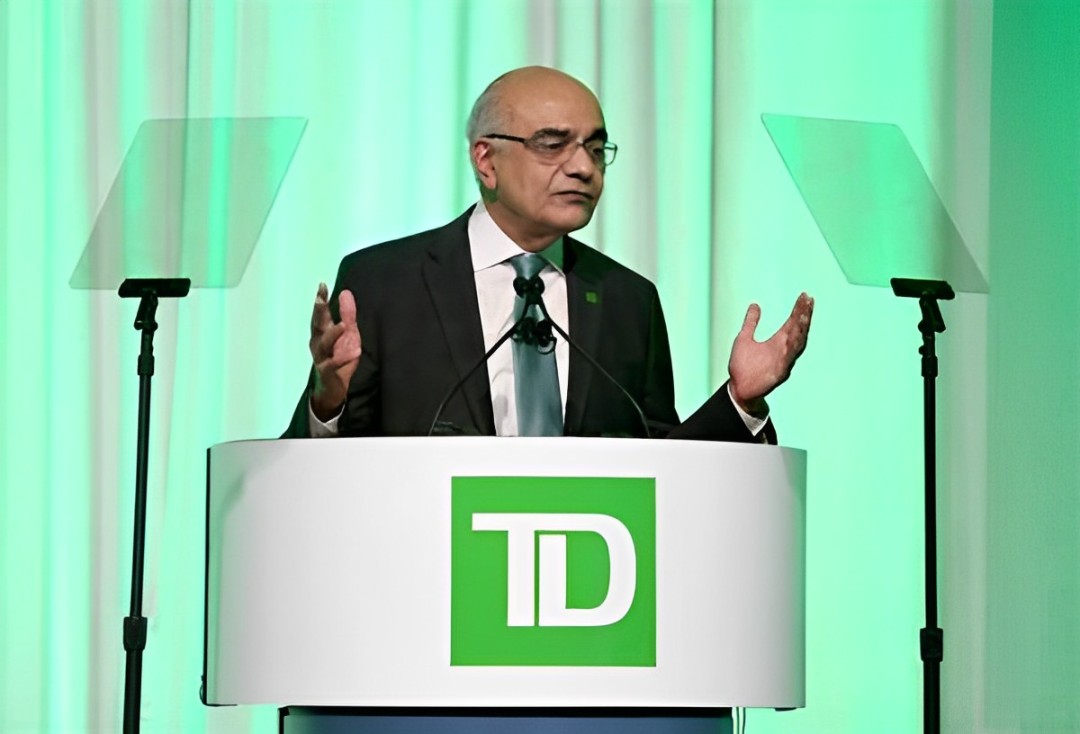Peer-to-peer (P2P) payment applications such as Zelle, Venmo, and Cash App have become integral to modern banking, facilitating seamless transfers of billions annually. However, a recent case involving Philadelphia resident Maria Glover underscores the vulnerabilities these apps present and serves as a cautionary tale for both consumers and bankers.
The high-tech financial theft was originally reported by 6abc, Phila.
A Checking Account Threat
Glover, a Citibank customer, discovered that thousands of dollars had been stolen from her checking account via the Zelle app. Glover’s ordeal began when she received fraudulent text messages alerting her to possible suspicious activity on her Citibank account. Unbeknownst to her, these messages originated from scammers fishing for account details.
“I never gave them a password of any kind. I never gave any of my personal information,” Glover said. Despite this, her account was drained the next day through Zelle transactions. She remains uncertain about how the thieves accessed her account.
No FDIC Protection for Funds Held in P2P Apps
This incident highlights the rising concerns around P2P payment app security. The Consumer Financial Protection Bureau (CFPB) recently warned consumers about storing money in apps like Zelle, Venmo, and PayPal. Unlike traditional bank accounts, these platforms often lack the insurance protections that safeguard bank deposits up to $250,000.
Delicia Hand of Consumer Reports emphasized the risk: “If consumers are effectively using those P2P apps in the same ways as a deposit, they should come with the same protections and the same amount.”
Security Breach Enabled Transactions Over Daily Limits
In Glover’s case, the losses compounded her financial stress. Citibank initially reimbursed her for only part of the stolen funds, denying restitution for thousands more. She pointed out an alarming discrepancy: most of the fraudulent transactions exceeded her $2,500 daily withdrawal limit. Citibank has yet to explain how this occurred.
“They were giving me no money to just function. So it was extremely stressful and financial hardship for the last four months for me,” Glover said.
Essential Steps for Banks in the P2P Era
The popularity of P2P apps cannot be overstated. In 2022 alone, these platforms accounted for $839 billion in transaction volume. Yet the very features that make these apps convenient—fast transfers, easy integration with bank accounts—also expose users to sophisticated bank fraud tactics.
A Call to Action for Banks
This incident underscores the importance of vigilance and proactive measures by financial institutions. Banks must educate customers on recognizing phishing scams and understanding the limitations of P2P app protections. Moreover, institutions should evaluate their fraud detection systems to ensure they can address anomalies, such as transactions exceeding preset limits.
For banking professionals, cases like Glover’s reveal the urgency of reinforcing customer protections and advocating for industry-wide bank standards to secure P2P payment platforms.
Building Bank Customer Trust
While Citibank has not responded to press inquiries about this specific case, it is evident from the banking side that clearer communication, comprehensive fraud response strategies, and enhanced security protocols are vital to maintaining customer trust in the evolving digital payments landscape.
The full Zelle theft story is available at 6abc, Phila.



















